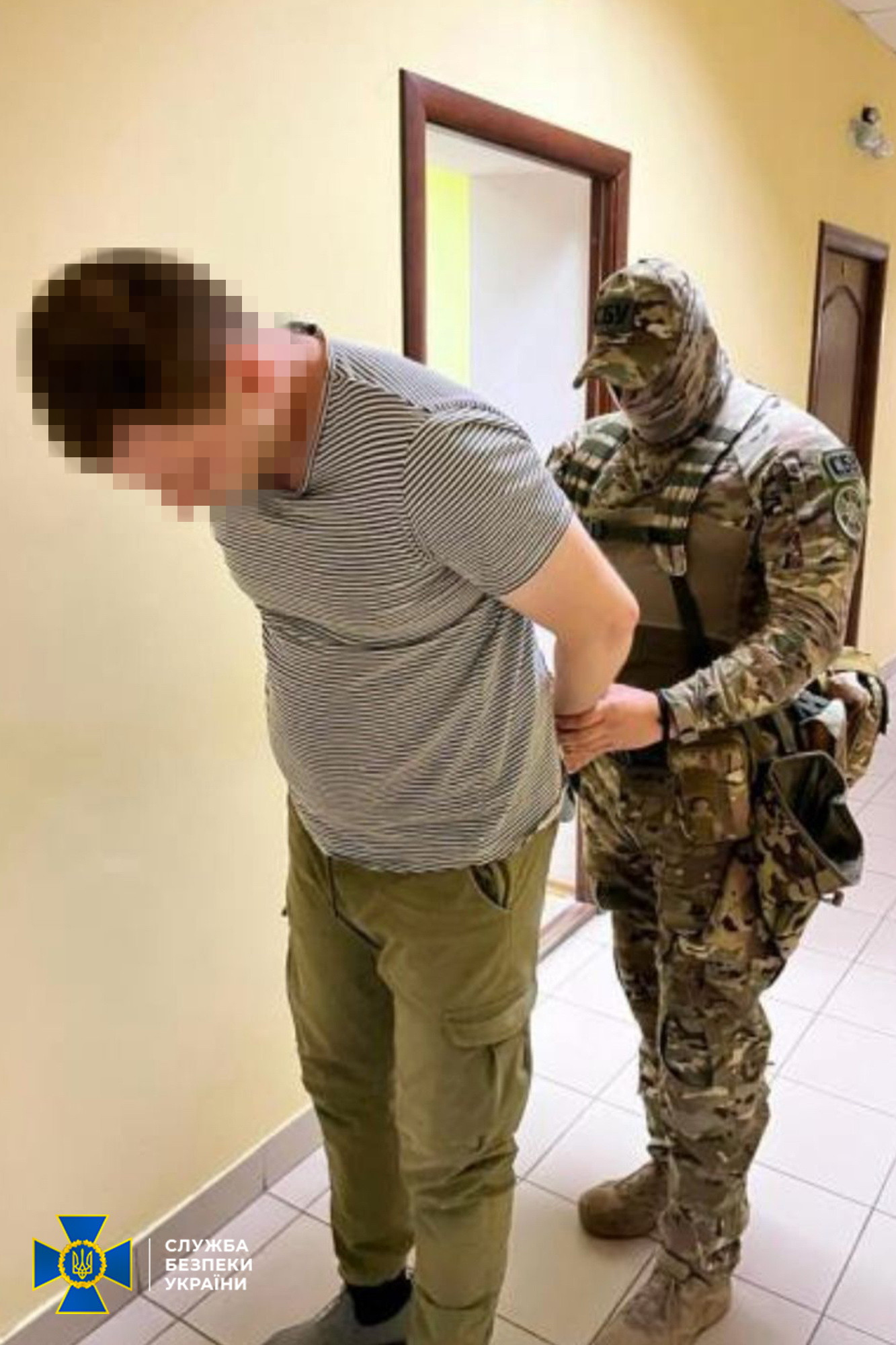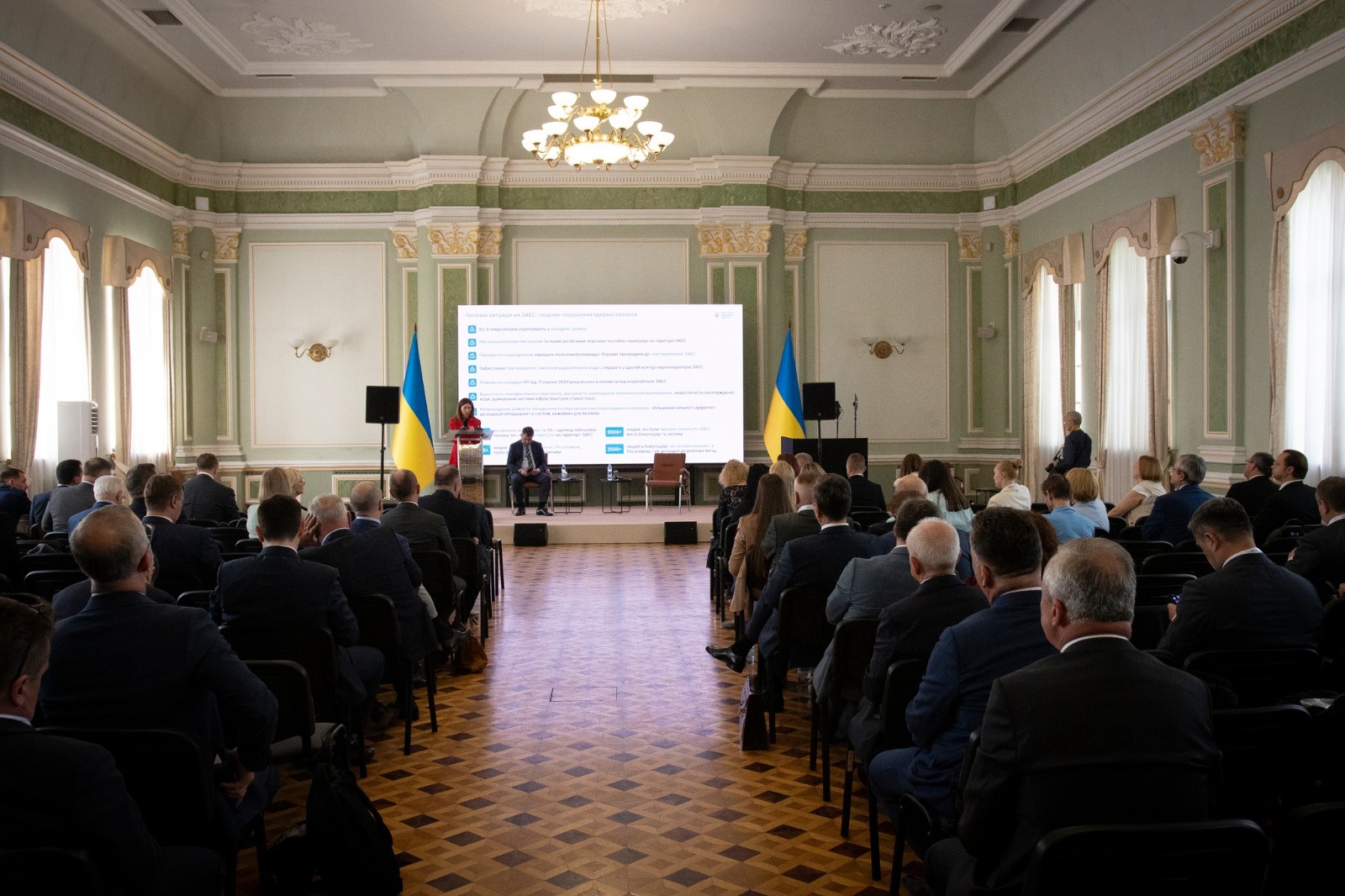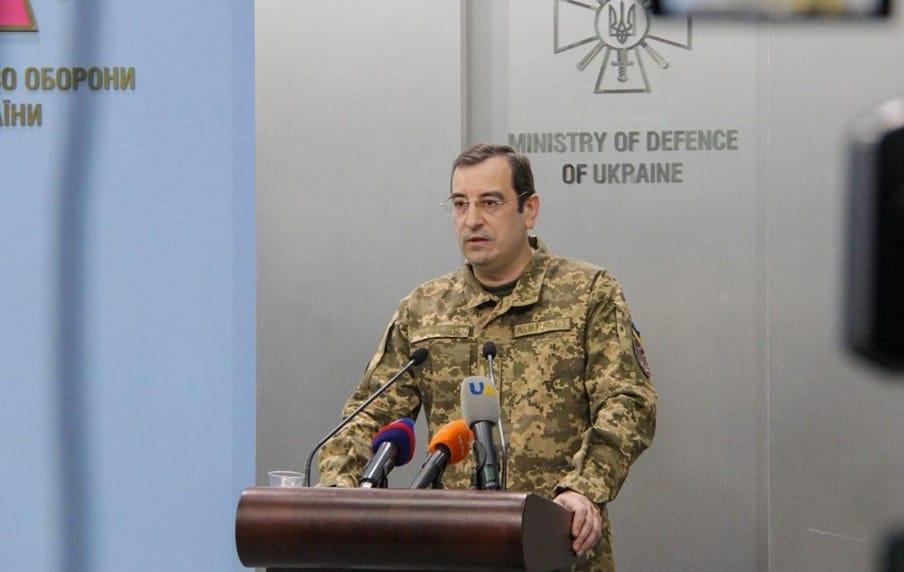The Security Service of Ukraine's counterintelligence has detained another agent from the Russian General Staff's Main Directorate of the Armed Forces of the Russian Federation as a result of a multi-stage special operation in Odessa. This agent was involved in coordinating Russian airstrikes on the city and conducting reconnaissance of the locations of Ukrainian Defense Forces in the region.
To conceal his criminal activities, the perpetrator joined the ranks of a local volunteer rescue organization. This civil organization assists the State Emergency Service in dealing with the consequences of rocket and drone attacks by the aggressor on the regional center.
It has been established that, under the guise of a rescuer, he arrived at the "impact sites" supposedly to clear debris, but in reality, he documented the aftermath of enemy attacks and reported it to the Russian military intelligence.
According to available information, the intelligence gathered by the occupiers was used for preparing new attacks and adjusting repeat strikes on Odessa.
Additionally, the Russian agent had another task, which was to try to identify the combat positions of HIMARS and air defense systems of the Armed Forces of Ukraine in the frontline areas of the region. The Security Service of Ukraine identified the perpetrator, determined his whereabouts, and subsequently detained him.

According to the investigation, the enemy collaborator turned out to be a 29-year-old resident of Odessa who was previously a member of the local branch of the so-called "Leninist Communist Union of Youth."
He also acted as a liaison for an FSB special forces agent, whom the Security Service of Ukraine extracted from Transnistria and detained in the Odessa region. In May 2014, he actively participated in provocations and mass disturbances in the regional center.
At the beginning of the full-scale Russian invasion, this individual subscribed to a pro-Russian Telegram channel that was collecting information about the deployment of Ukrainian forces for Russian intelligence. Later, the administrator of this internet resource, who operates "undercover" in one of the Central Asian countries, reached out to him and established direct communication with the representative of the group.
After being recruited, the Odessa resident received further instructions and began executing enemy tasks. He used a messenger for communication and transmitted the collected intelligence information to the aggressor in the form of text messages and photos of Ukrainian objects. The pre-trial investigation is ongoing, and the perpetrator faces the possibility of life imprisonment.





















